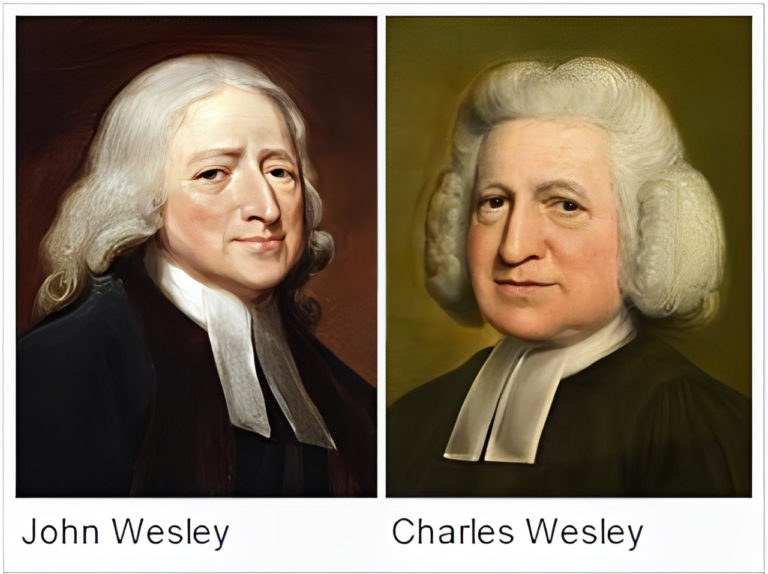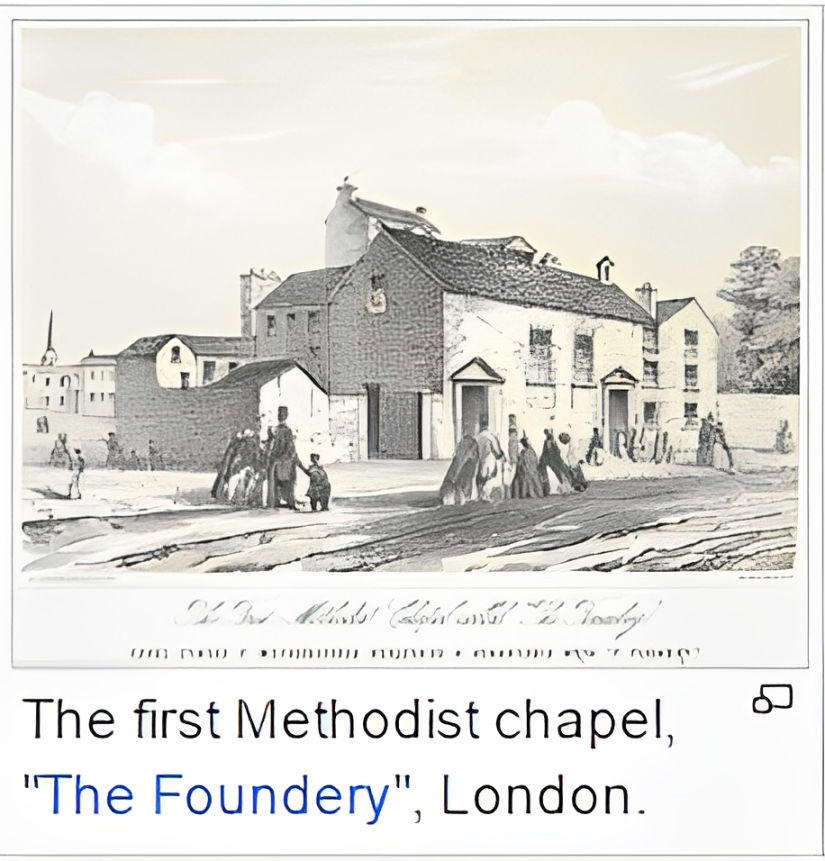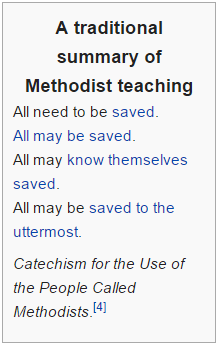
New Delhi, English Congregation

New Delhi, English Congregation
Centenary Methodist Church is a mainline protestant denomination based on Methodist Protestant Christian beliefs.
Methodism or the Methodist movement is a group of historically related denominations of Protestant Christianity which derive their inspiration from the life and teachings of John Wesley. George Whitefield and John’s brother Charles Wesley were also significant early leaders in the movement. It originated as a revival movement within the 18th-century Church of England and became a separate denomination after Wesley’s death. The movement spread throughout the British Empire, the United States, and beyond because of vigorous missionary work, today claiming approximately 80 million adherents worldwide.

Theology
Methodist churches do not adhere to a single definitive statement or “confession” of belief, unlike the Westminster Confession used by Reformed churches or the Augsburg Confession used by Lutheran churches. Many Methodist bodies, such as the African Methodist Episcopal Church and the United Methodist Church, base their doctrinal standards on Wesley’s Articles of Religion, an abridgment of the Thirty-nine Articles of the Church of England that excised its Calvinist features. Some Methodist denominations also publish catechisms, which concisely summarize Christian doctrine. Methodists generally accept the Apostles’ Creed and the Nicene Creed as declarations of shared Christian faith. Methodism also affirms the traditional Christian belief in the triune Godhead: Father, Son and Holy Spirit, as well as the orthodox understanding of the consubstantial humanity and divinity of Jesus Christ.
Methodism is evangelical in doctrine and is characterized by Wesleyan-Arminian theology. John Wesley is studied by Methodists for his interpretation of church practice and doctrine. At its heart, the theology of John Wesley stressed the life of Christian holiness: to love God with all one’s heart, mind, soul and strength and to love one’s neighbor as oneself. One popular expression of Methodist doctrine is in the hymns of Charles Wesley. Since enthusiastic congregational singing was a part of the early evangelical movement, Wesleyan theology took root and spread through this channel.

Salvation
Wesleyan Methodists identify with the Arminian conception of free will, as opposed to the theological determinism of absolute predestination. Methodism teaches that salvation is initiated when man chooses to respond to God, who draws the individual near to Him (the Wesleyan doctrine of prevenient grace), thus teaching synergism. Methodists interpret Scripture as teaching that the saving work of Jesus Christ is for all people (unlimited atonement) but effective only to those who respond and believe, in accordance with the Reformation principles of sola gratia (grace alone) and sola fide (faith alone). John Wesley taught four key points fundamental to Methodism:
- A person is free not only to reject salvation but also to accept it by an act of free will.
- All people who are obedient to the gospel according to the measure of knowledge given them will be saved.
- The Holy Spirit assures a Christian of their salvation directly, through an inner “experience” (assurance of salvation).
- Christians in this life are capable of Christian perfection and are commanded by God to pursue it.
After the first work of grace (the new birth), Methodist soteriology emphasizes the importance of the pursuit of holiness in salvation, a concept best summarized in a quote by Methodist evangelist Phoebe Palmer who stated that “justification would have ended with me had I refused to be holy.” Thus, for Methodists, “true faith…cannot subsist without works”. Methodism, inclusive of the holiness movement, thus teaches that “justification [is made] conditional on obedience and progress in sanctification”, emphasizing “a deep reliance upon Christ not only in coming to faith, but in remaining in the faith.” John Wesley taught that the keeping of the moral law contained in the Ten Commandments, as well as engaging in the works of piety and the works of mercy, were “indispensable for our sanctification”.
